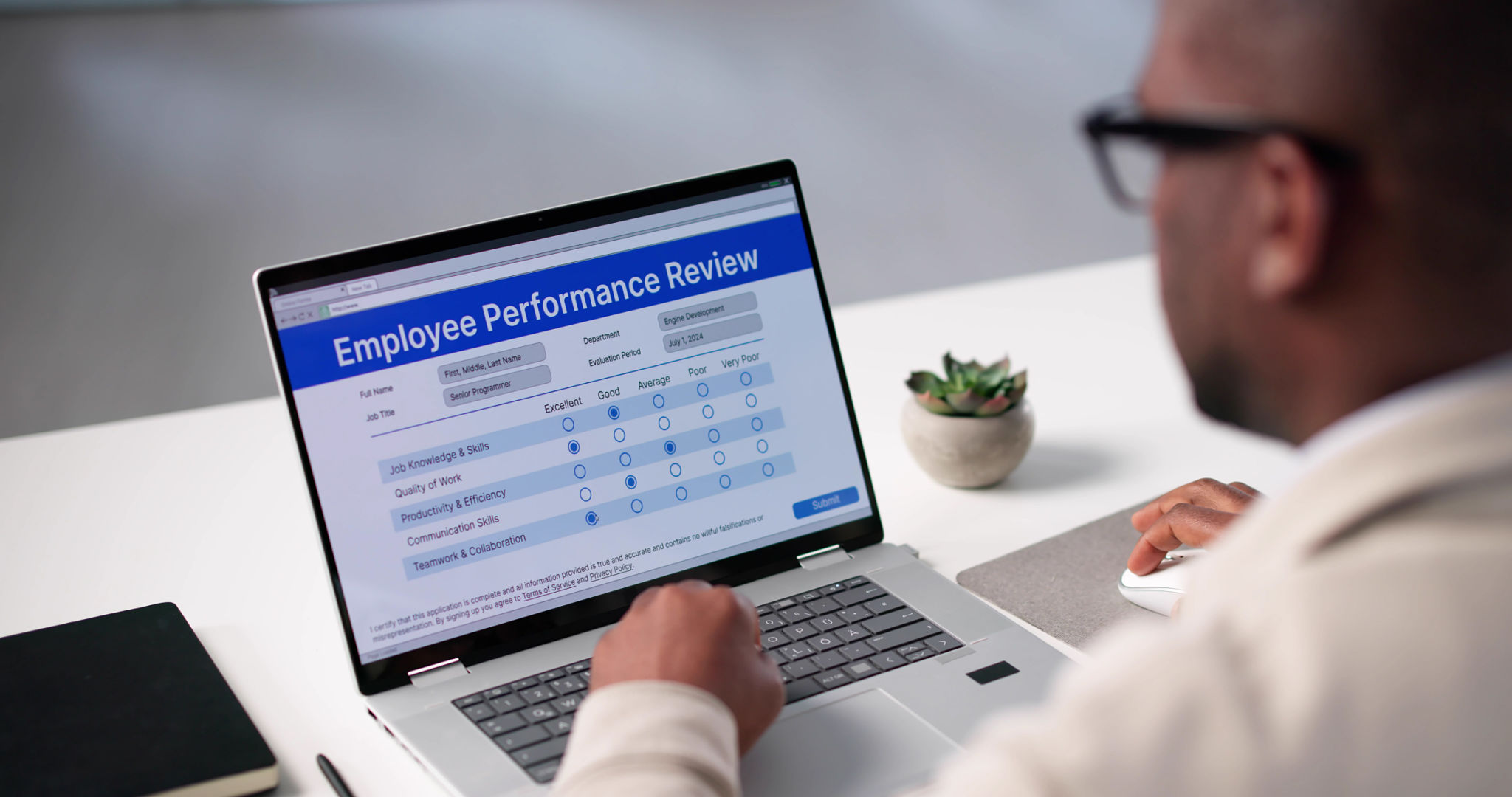A Guide to Implementing Remote Workplace Screenings in Sewell, NJ
Understanding the Need for Remote Workplace Screenings
In today's rapidly evolving work environment, ensuring the well-being of employees is crucial, especially with the increasing prevalence of remote work. Implementing remote workplace screenings can help businesses in Sewell, NJ, maintain a healthy workforce and promote productivity. These screenings are not only about physical health but also encompass mental well-being and job satisfaction.
Remote workplace screenings are designed to identify potential health risks and address them proactively. By doing so, companies can foster a supportive work environment that prioritizes employee health and safety.

Key Components of Remote Screenings
When implementing remote workplace screenings, several key components should be considered. These components ensure that the screenings are comprehensive and effective. Here are the main aspects to focus on:
Health Assessments
Health assessments are a fundamental part of remote screenings. They typically include surveys or questionnaires designed to identify any physical health issues employees may be experiencing. Regular check-ins can help in timely intervention and management of health concerns.
Mental Health Support
Providing mental health support is critical in remote settings. Screenings can include evaluations of stress levels, anxiety, and overall mental well-being. Offering resources such as counseling services or stress management workshops can greatly benefit employees.

Implementing Screenings Effectively
For businesses in Sewell, NJ, effectively implementing remote workplace screenings involves a strategic approach. Here’s how it can be done:
Choose the Right Tools
Select digital tools and platforms that facilitate easy communication and data collection. Platforms that offer secure data handling are essential to protect employee privacy and comply with regulations.
Regular Updates and Feedback
Regular updates on screening processes and incorporating employee feedback can enhance the effectiveness of the program. Continuous improvement ensures that the screenings remain relevant and useful.

Benefits of Remote Workplace Screenings
The implementation of remote workplace screenings brings numerous benefits to businesses and employees alike. Here are some of the advantages:
- Improved Employee Health: Early detection of health issues leads to better management and treatment options.
- Enhanced Productivity: Healthy employees are more productive, contributing positively to business outcomes.
- Reduced Absenteeism: Regular screenings can help in reducing sick days and promoting a more consistent workforce presence.
By prioritizing employee health through screenings, businesses can create a more resilient work environment.
Challenges and Solutions
Implementing remote workplace screenings is not without its challenges. Common issues include technology barriers, privacy concerns, and resistance to change. However, these challenges can be addressed with thoughtful planning and execution.
Overcoming Technology Barriers
Providing adequate training and support for both employees and management can help overcome technology-related issues. Ensuring that everyone is comfortable with the tools used for screenings is essential.
Addressing Privacy Concerns
Privacy concerns can be mitigated by using secure platforms and being transparent about how data will be used. Clear communication about privacy policies is key to gaining employee trust.
